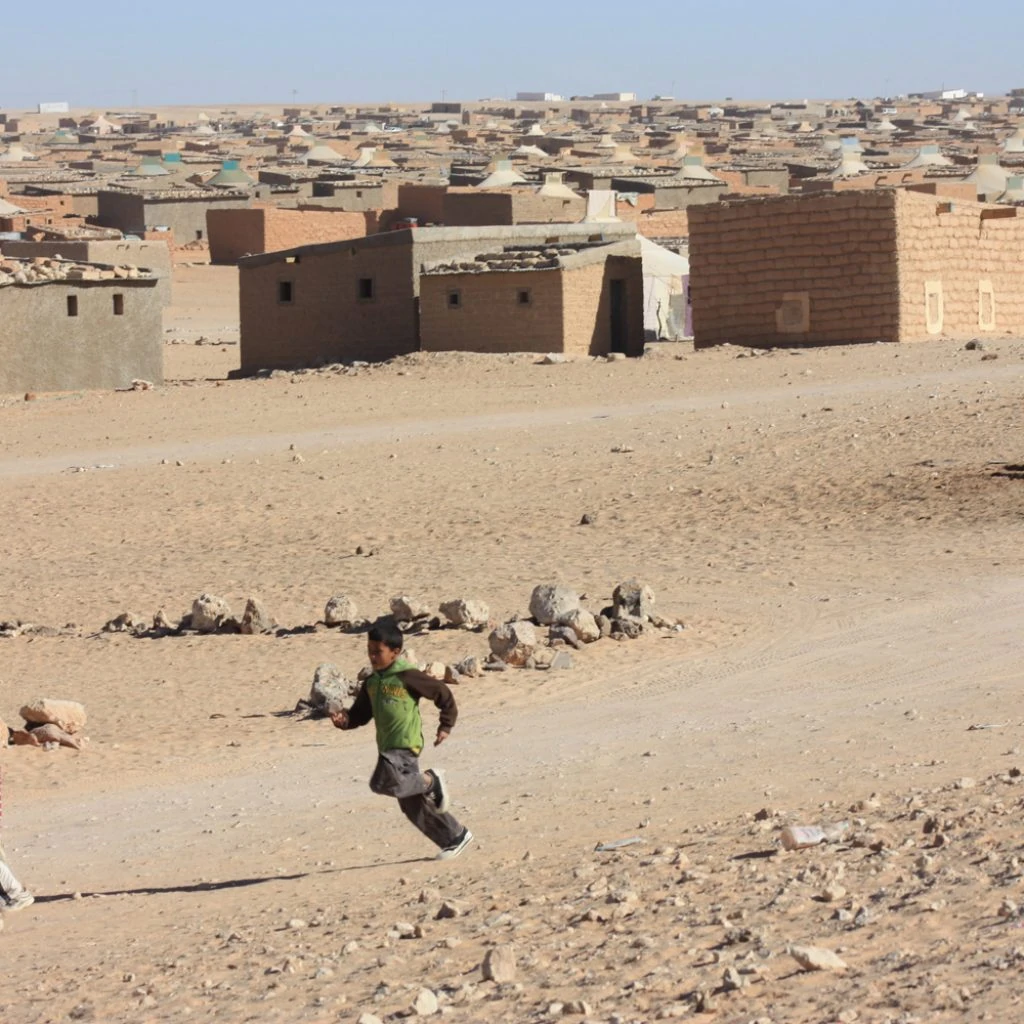The territory of Western Sahara has been occupied by the Kingdom of Morocco for 38 years and the UN mission MINURSO has been on the ground for 22 years. That is exactly how long the UN mission can only look with one eye and not concern itself with human rights violations. That will remain so for another year.
Once a year the UN Security Council is informed about the situation in Western Sahara and also takes decisions. Decisions on whether the UN peace mission MINURSO should be continued and whether the mission should also be charged with monitoring human rights are always under discussion. According to the NZZ, this is the only UN mission where this is not the case.
Arrests, abductions and torture
The case of Western Sahara is not only about the occupation by the Kingdom of Morocco, but also about the continuing violations of human rights: complaints are constantly being reported by individuals and non-governmental organisations about unlawful arrests, disappearances, police violence and torture. These complaints would have to be investigated if the UN mission were to be expanded.
Human rights are less important
The last vote in the UN Security Council on Western Sahara took place on 25.04.2013. As every year, the result was disappointing. The occupying power, Morocco, was able to assert its position that this is an internal matter. This year, too, economic and security interests led the permanent members of the UN Security Council to overlook the human rights violations.
Many words, no deeds
The last political initiative, this time starting from UN Ambassador Susan Rice, has also shown that promises and initiatives can move as fast in the hot desert sand as they are made in front of the public. The US promised a groundbreaking draft to solve the problem and was persuaded to give in just before the finish line.
It's not just about a piece of land
Since 1975, more than 100,000 Sahrawi refugees have been living in camps around the southern Algerian town of Tindouf. They have fled from the Moroccan-occupied Western Sahara and are waiting for a sustainable political solution to the Western Sahara problem. Despite efforts by international organizations and promises by politicians, the end of this last African colonial conflict is not in sight.


